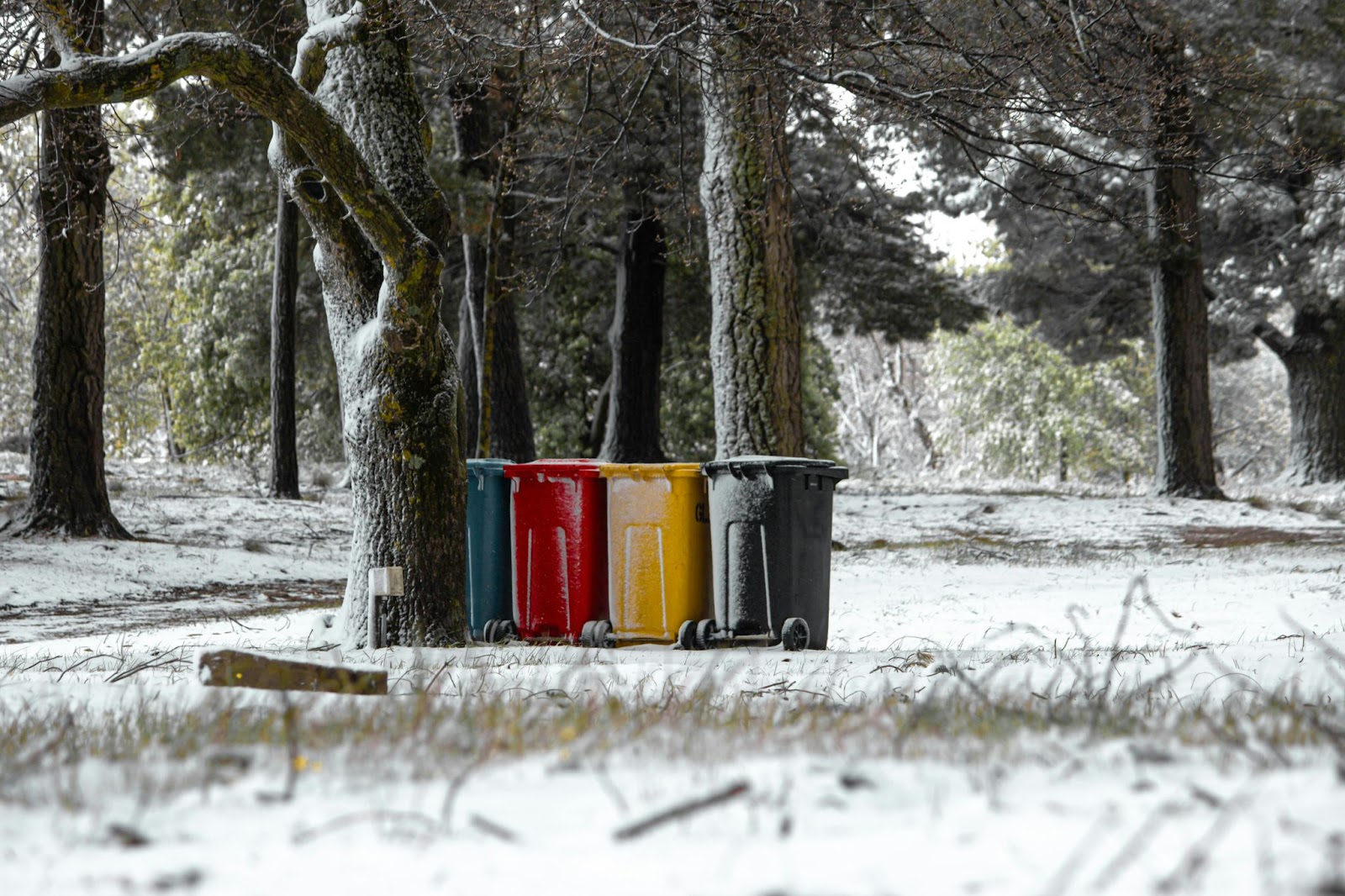
The enduring bond between humans and dogs is a testament to the age-old companionship that has evolved over thousands of years. In modern times, the responsibility of dog owners extends beyond ensuring the welfare of their pets to encompassing a concern for the environment.
The commercial pet industry, with its packaging, waste generation, and carbon emissions, plays a significant role in environmental pollution.
By adopting eco-friendly practices, responsible dog breeders and owners alike can contribute to reducing the environmental footprint, or as whimsically termed, the “carbon paw print.” This transition not only benefits the environment but also fosters a healthy and joyful environment for our beloved furry friends.
Sustainable Dog Food Choices
The type of food served to dogs has a notable environmental impact. Commercially produced pet foods often contain meat from factory farms, which are associated with high greenhouse gas emissions and other pollutants.
Additionally, the packaging of commercial dog food contributes to plastic and non-biodegradable waste.
Sustainable Dog Food Alternatives
Opting for dog food brands that use sustainably sourced, organic ingredients is a step towards eco-friendliness. Additionally, exploring homemade dog food recipes with locally sourced ingredients can minimize the carbon paw print.
Buying in bulk to reduce packaging waste and opting for brands with recyclable packaging are further eco-friendly choices.
Eco-Friendly Dog Toys and Accessories
Many dog toys and accessories are made from plastic and other non-biodegradable materials. However, numerous companies prioritize environmental sustainability by utilizing recycled or natural materials.
Choosing Sustainable Dog Toys
Look for toys and accessories made from natural materials like hemp, bamboo, or recycled materials. Durable products that last longer will also reduce the frequency of replacement, thereby minimizing waste.
Waste Management
Pet waste, if not managed properly, can contribute to water pollution and soil contamination. Moreover, the typical plastic poop bags used by most pet owners are a significant source of plastic pollution.
Eco-friendly Waste Disposal Solutions
Biodegradable or compostable poop bags offer eco-friendly solutions. Our Fetch-It Compostable Poo Bags are certified to the highest European standards for compostability, and unlike typical biodegradable bags, these Fetch-It poo bags degrade into natural plant products within weeks.
Additionally, exploring pet waste composting systems can provide an environmentally sustainable disposal method.
Green Grooming Practices
Many grooming products contain harsh chemicals that are harmful to both pets and the environment. Opting for natural, organic, and cruelty-free grooming products can ensure a gentler and greener grooming routine.
Sustainable Grooming Practices
Reducing water usage during baths and grooming at home as opposed to professional grooming salons can further minimize the environmental impact.
Community Engagement
Engaging with local communities to participate in eco-friendly dog events or clean-up drives can foster a sense of communal responsibility towards the environment. It also provides an avenue for dog owners to learn and practice eco-friendly dog ownership collectively.
Educating Other Dog Owners
Spreading awareness about the environmental impact of common pet care practices is crucial. By sharing knowledge and eco-friendly practices, dog owners can collectively contribute to a greener planet.
Offering workshops, creating online resources, and forming local eco-friendly pet owner groups are some ways to educate and encourage other dog owners to adopt environmentally sustainable practices.
Conclusion
Transitioning to eco-friendly dog ownership is a rewarding journey that significantly benefits the environment, the community, and our beloved pets. By making informed and sustainable choices, dog owners can play a crucial role in fostering a healthier and greener world for all.




